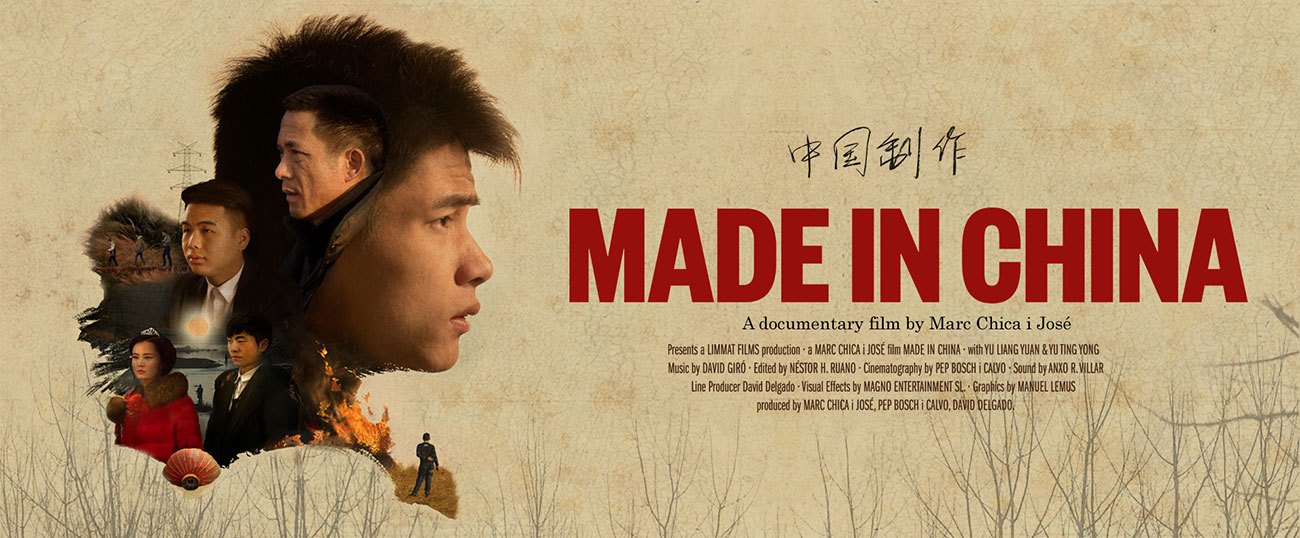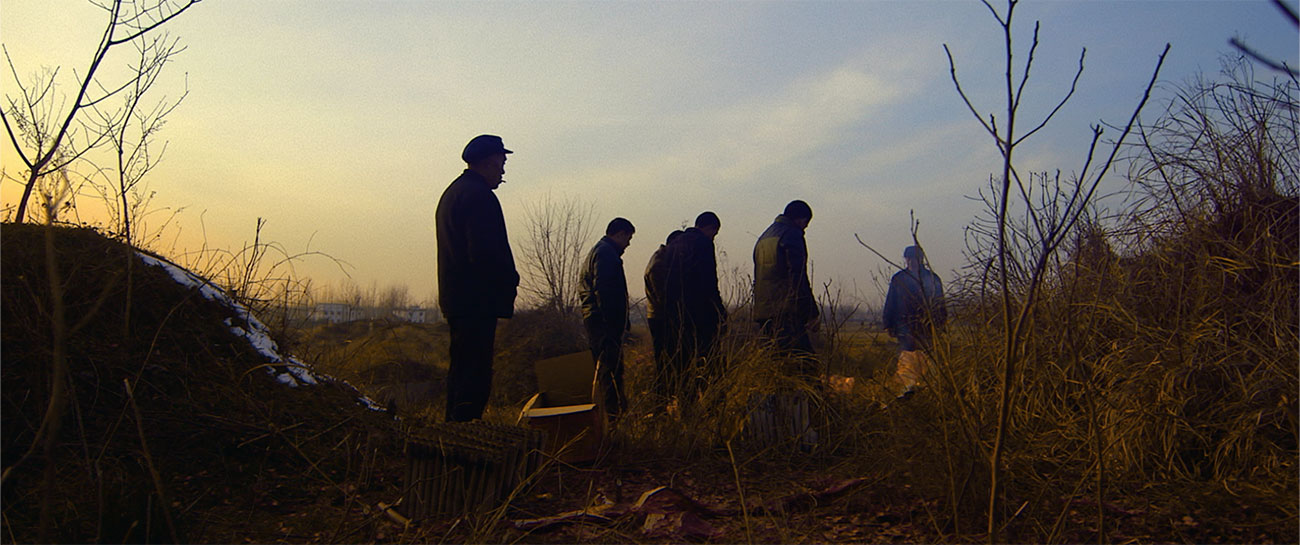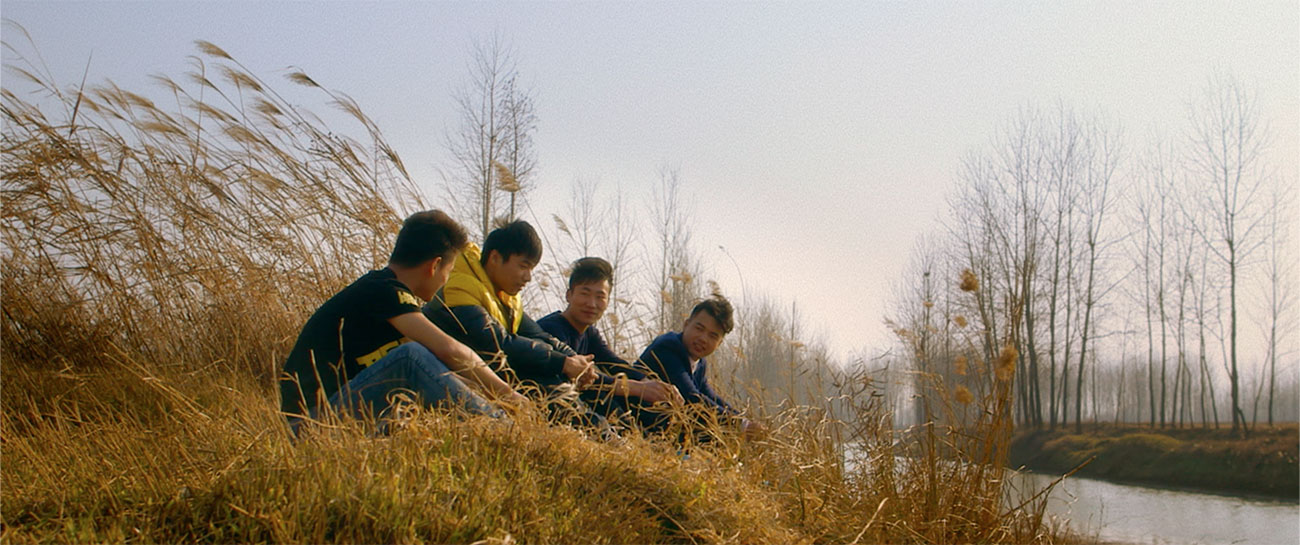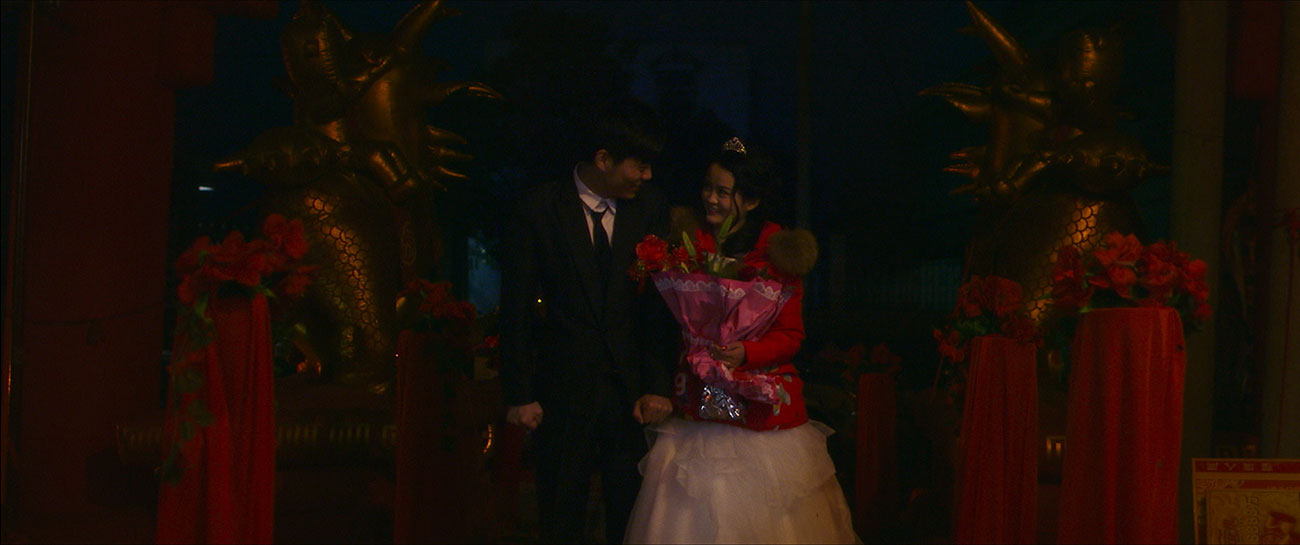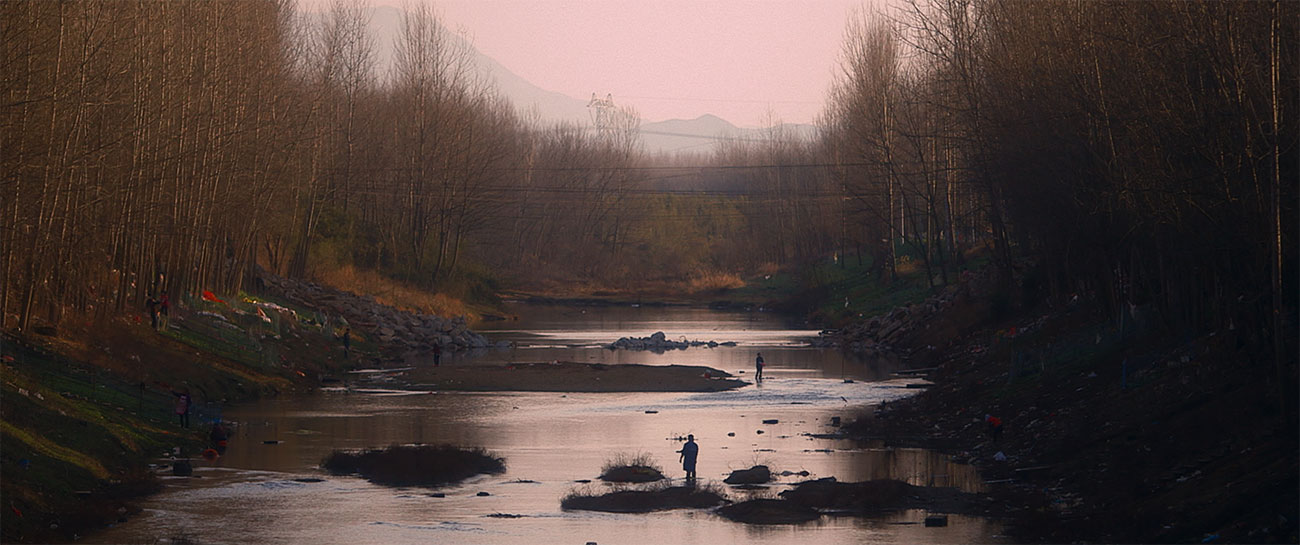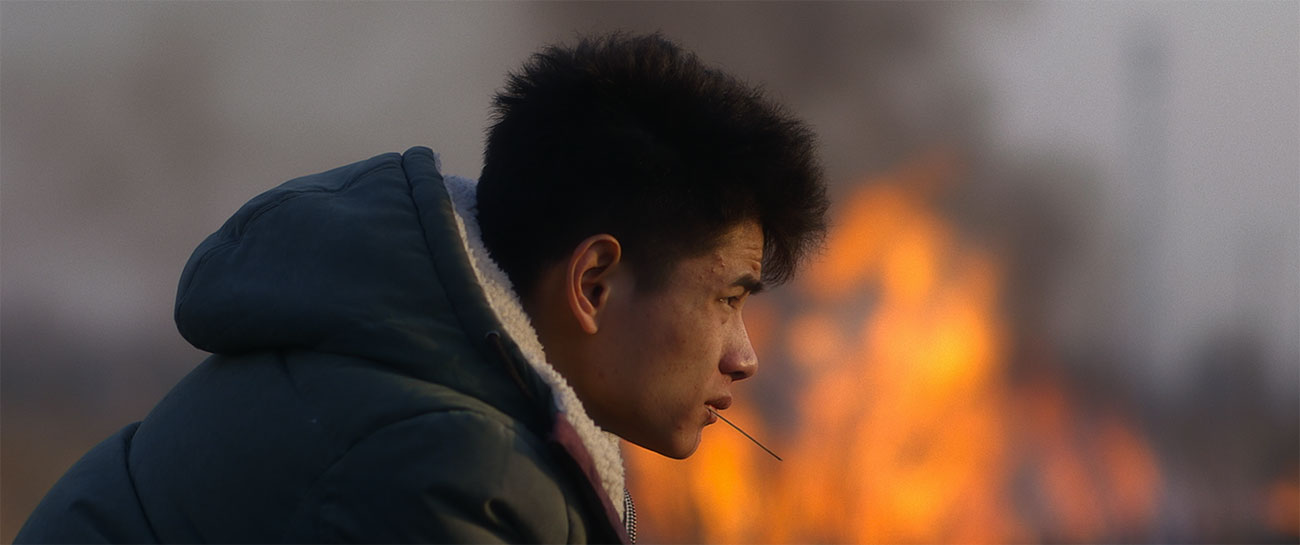A graduate of ESCAC Cinema and Audiovisual School of Catalonia, founder of Limmat Films, Marc Chica Jose has become a director, screenwriter and is the producer of the film “Made in China”. The project was conceived as an introductory one and was aimed at foreigners who wanted to learn more about the mysterious culture of China, but in the process of work it developed into a full-fledged poignant story about one of the deepest social contradictions between different generations.
The picture opens with the awakening of a new day: the sun rises, the flock of birds departs. The camera captures a panorama of endless skyscrapers, highways and industrial
buildings. It is Shenzhen, a city of 10 million inhabitants in Guangdong province, the symbol of the new China. This is where the story of 21-year-old Yu Liang Yuan begins. On the eve of the New Year holidays, the hero leaves the city in order to spend the holidays in his native Xinyang, Henan province. However, this year’s vacation is combined with an important event in Yu Liang Yuan and his family’s life.
The main characters’ portrait and his background environment create a strong contrast. The characters of “Made in China” speak different languages: Mandarin and Anhihua (Henan dialect). But the difficulty in mutual understanding has nothing to do with the linguistic factor. It is the protagonist´s mindset, lifestyle, citizenship are filled by the spirit of freedom. Yu Liang Yuan’s traits of character radically distinguish him from his family and friends.
In the storyline, Yu Liang Yuan discusses an imminent wedding with his bride. However, upon arrival in Henan, it appears that the girls’ relatives have preferred a wealthier family. There we get to know Yu Liang Yuan’s comrades. Back in the day they used to play carelessly together by the river, throwing clay balls on the ground with all their might. Today they are expected to make serious and balanced adult decisions. Our hero observes how his friends express not their own, but the “correct” opinion. For example, Chen Long, between working with his father in the village and moving to a promising developing Shenzhen, chooses the first option. Shu Hao’s marriage is actually a parental deal, not an expression of feelings of loving people.
Yu Liang Yuan worries about friends and wonders: what was the impetus for their “unnatural” actions? His soul languishes in doubts, misunderstandings, tormented by the obscurity of the
future. Eventually he realizes: all the actions of his acquaintances of the same age were determined by their parents’ expectations. Yu Liang Yuan also clearly realizes that he can not go against his heart’s desires as well as of his parents´. He is confident that if he would have done the same as the majority would do, then “he would doom children to repeat their experience and deprive them of the happiness they deserve.” And for this, he wouldn’t forgive himself.
The plot of “Made in China” allows the viewers to get an insight into Chinese cultural peculiarities. New Year becomes an important event in the film, followed by a feast of remembrance of the dead. Marc Chica i Jose pays close attention to the rituals performed in the deserted cemetery. Yu Liang Yuan and his family prepare honours for their ancestors in the form of commemorations and offerings. Voiceover guides the viewer’s attention and clarifies details. The custom is to burn the offering in a purifying flame that can ennoble destiny. Thanks to the extra close-ups in the scenes of the ceremony, we see the restrained emotions of the characters and follow the dramatic conflict. The older generation in the family of the protagonist is convinced that children are not able to independently decide their future and must fulfill the will of their parents. Yu Liang Yuan respects his family, he tries to live according to the tradition, hoping to get closer to them. However, the young man is too independent to betray his own ideals in life.
The key to understanding the idea lies in the scene where one half of the frame is occupied by the son’s picture and the father´s image dissolves in the flame on the other. Thus the director metaphorically depicts the endless circle of life, revealing the idea of predestination and inheritance of fate.
Made in China is a first-person narrative. The viewer follows YuLiang Yuan everywhere, and discovers the details of everyday life of the five-century-old dynasty. According to Confucian philosophy, the relationship between people in society and in the family is based on moral self-improvement. In this case, the most important role is assigned to the norms of behavior. Ethics is based on reverence and respect for elders in age and social position, on unconditional respect for parents and deceased ancestors, striving for truth, truthfulness and devotion.
Within just a little more than an hour the story reveals the growth of a personality and its search for freedom. Acting, drama, camera work, meditative music, simplicity of dialogues and internal monologues, editing of “Made in China” allow the viewers to better understand the difficulties of the modern youth on the path of gaining self-expression.
In modern Chinese society, young people are experiencing a deformation of the national traditions of moral education, and their values are changing. “Made in China” is dedicated to the quiet struggle of the younger generation for the right to be an individual and make their own decisions, for the opportunity to have the right to choose. Marc Chica i Jose skillfully documents how the globalization processes are reflected nowadays in a country with traditions dating back thousands of years.
